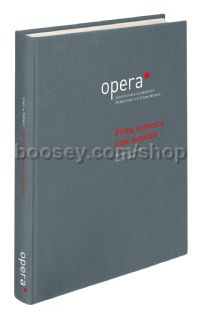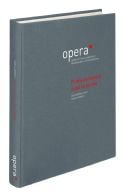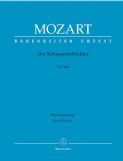Prima la musica e poi le parole (full score)
Prima la musica e poi le parole (full score)
Special Offer
* Estimated price converted from UK retail price
Prima la musica e poi le parole (BA 8811):
A memorable musical competition commissioned by the emperor Joseph II took place on 7 February 1786 as part of a festival in the orangery of the Schönbrunn palace. A German Singspiel ensemble performed Mozart’s Schauspieldirektor whilst Antonio Salieri’s “Prima la musica e poi le parole” was performed by the Italian court singers and musicians. This charming opera satire belongs to the genre of “metamelodramma” in which the opera itself becomes the subject of the action. The people who are part of an opera production, for example the librettist, composer and prima donna, appear as characters on the stage and are presented in a humorous self-reflection. In this ‘theatre about theatre’ Salieri parodies the music from Giuseppe Sarti’s Giulio Sabino in his insert arias, thus playing on the music which was totally familiar with the audience of the time. By reflecting on the musical-dramatic style of that period and discussing whether ‘the word’ or ‘the music’ should take priority, this masterpiece is considered to be an early forerunner to Richard Strauss’s Capriccio.
OPERA: Spectrum of European Music Theatre in Separate Editions is dedicated to critical editions of outstanding works of European music theatre from the 17th to the 20th centuries.
A total of 21 compositions of French, Italian, German, English, Scandinavian and Slavic origin is being edited. These include specific genres which have seldom been given attention in editorial undertakings until now and which present their own editorial problems, such as ballet, theatre music, melodrama or operetta.
A new feature is the form of the presentation in so-called hybrid editions. While the scores appear in traditional cloth-bound volumes, the musical and textual sources, the editions of the dramatic texts, as well as the critical commentaries are prepared and presented on an electronic platform (Edirom).
Thanks to this ability to access the underlying sources, the editorial decisions are completely transparent to the user.
This special editorial access being implemented by OPERA’s editions uses the software Edirom, which was developed in a project of the Deutsche Forschungsgemeinschaft (German Research Foundation) based at the University of Paderborn. All components of the electronic part are encoded according to the modern standard of XML. The text components follow the standard of the Text Encoding Initiative (TEI).







